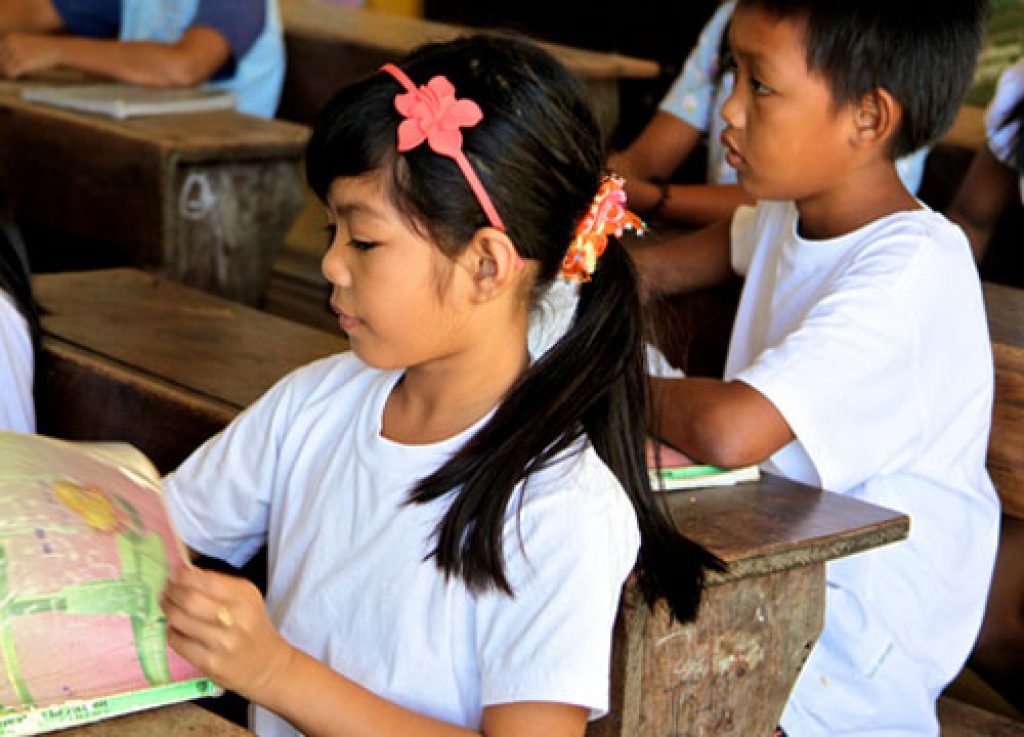
AsianScientist (Mar. 5, 2014) – Mobile phone applications unveiled this week aim to reduce the high number of young people who are not in schools in the Philippines by offering them new ways to engage in education.
In 2011, more than six million young people were outside the education system in the Philippines, according to the country’s National Statistics Office. The nation’s Department of Education aims to provide education to at least one million of them in 2014.
Mobile phones are widely used in the Philippines, with the population reported to send around two billion text messages a day, according to the Philippines — Telecoms, Mobile, Broadband and Forecasts report published in June 2013 by telecommunications consultancy BuddeComm.
Overall, Asia’s Education market is projected to reach a value of US$6.8 billion by 2017, according to the GSMA, an association that represents mobile operators worldwide.
The three mobile applications unveiled this week are the result of a GSMA-facilitated partnership between the Philippines’ Department of Education and three telecommunications firms.
The first, from Smart Communications, has just launched an online portal that allows young people who are not in school to find tailored training programs.
Smart Communications also aims to build a database of its users so it can find out where these young people are located and tell them about courses that nearby education centers offer. This could help potential students find information on where to go to school, given a general lack of infrastructure and the destruction caused by typhoons.
The system is due to be available in the second quarter of 2014 both for smartphones with an internet connection and for older phones, through an interactive voice response (IVR) system.
Meanwhile, Globe Telecom has announced an IVR system-based app that provides English lessons.
“You can use any mobile phone, call our application as if you were making a standard phone call and get lessons in English [at different levels of] proficiency,” said Miguel Bermundo, senior specialist for corporate social responsibility at Globe Telecom.
The application, which is still in its pilot phase, offers lessons in pronunciation, conversation and comprehension. Bermundo says the lessons include teaching, practice sessions and tests.
The developers hope to reach one million young people with their lessons by the end of 2014. This will improve students’ employability for posts that do not require a college degree, but do require English language proficiency, for example those at call centers, Bermundo reckons.
“Many of the young people that we are targeting are located in rural areas in the Philippines, where data and online connectivity are very poor, so we are going back to the available technology there, which is the use of any mobile phone,” says Bermundo.
The third new application, developed by Smart Communications and Digital Mobile Philippines, is designed to help teachers track the progress of students who are taking IVR courses through phone calls. This app runs on smartphones or tablets, because teachers are more likely to have access to those devices.
—–
Source: Science and Development Network.
Disclaimer: This article does not necessarily reflect the views of AsianScientist or its staff.












